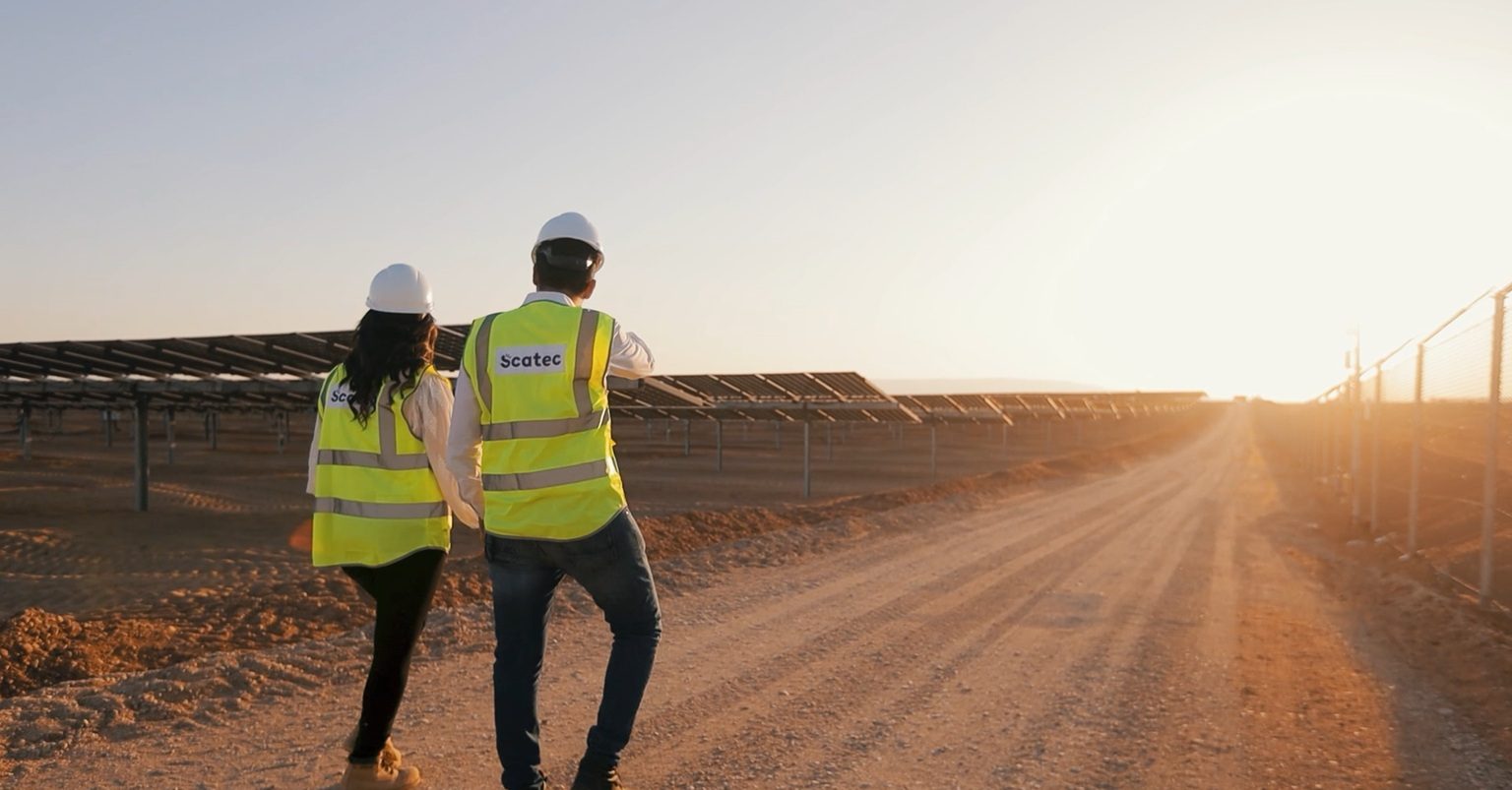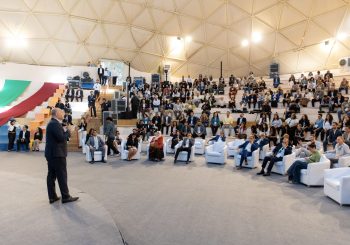Cairo is redrawing the map of its energy future with a USD 1.6 billion (EGP 79.36 billion) handshake sealed with Norwegian developer Scatec to build a 1 gigawatt (GW) solar plant and a wind energy project, beginning an ambitious push toward shedding its reliance on natural gas and embracing the promise of renewables.
The twin agreements of a USD 600 million (EGP 29.76 billion), 1-gigawatt solar plant dubbed “Obelisk” and a USD 1 billion (EGP 49.6 billion), 900-megawatt wind project in the Gulf of Suez signal a decisive shift in Egypt’s energy policy as the country grapples with declining natural gas output and mounting power shortages.
Egypt’s energy mix has long leaned heavily on natural gas, with renewables, primarily solar, wind, and hydropower, accounting for just 11.5 percent of electricity generation as of last year. However, a 16 percent drop in gas output in 2024, dropping to 4.87 billion cubic feet per day from 6.7 billion in the 2021–22 fiscal year, alongside mounting power shortages, has sharpened the urgency of a pivot toward more sustainable and cleaner sources.
Backed by international financing and long-term power purchase commitments, the projects are part of Egypt’s broader goal to generate 42 percent of its electricity from renewable sources by 2030.
The Egyptian cabinet announced the financial closure for the 1 GW solar facility, enabling construction to begin immediately. The solar project will be built in two phases and will include battery storage, with the first phase expected to come online in the first half of 2026.
In parallel, Scatec signed a 25-year power purchase agreement for a 900 megawatt (MW) onshore wind project in Ras Shukeir, Gulf of Suez—an area with strong, reliable winds, good for large amounts of wind energy, making it a world-class wind resource.
The two projects are backed by international financing from institutions such as the European Bank for Reconstruction and Development and the African Development Bank. The wind project is expected to finalize site measurements by mid-2026 before moving to full-scale construction.
According to Egypt’s Minister of Electricity, Mahmoud Essmat, prioritizing renewables is now central to Egypt’s investment strategy. Measures such as “golden licenses,” which offer fast-tracked, all-in-one approvals for project development, and simplified regulations are intended to draw more foreign direct investment and spur economic growth.
Reforms such as “golden licenses”, which are a comprehensive approval for establishing, operating, and managing a project, including building licenses and real estate allocation, and streamlined regulations, are designed to attract more foreign direct investment and support economic growth.
With Egypt’s renewable energy sector targeting USD 300 billion (EGP 14.88 trillion) in annual foreign currency revenues by 2030, up from USD 100 billion (EGP 4.96 trillion) today, these projects are expected to further bolster investor confidence and catalyze additional green projects.
The transition is also expected to have a positive impact on Egypt’s labor market. Past experience with similar projects in Egypt, such as the Benban Solar Park, has shown that renewable energy investments can improve local employment, foster skills development, and contribute to regional economic growth.
A large-scale solar and wind project of this kind could generate thousands of jobs during construction, spanning engineering, project management, logistics, and skilled trades such as electrical and mechanical installation. Once operational, the plants will require ongoing maintenance, security, technical support, and roles in manufacturing and transportation.
Additionally, expanding solar and wind capacity is expected to cut carbon emissions, improve air quality, and strengthen energy security by curbing reliance on fossil fuel imports, advancing Egypt’s commitments under international climate accords, and its broader vision for sustainable development.
While challenges persist, including gaps in international financing and technical expertise, Egypt’s latest agreements with Scatec, if carried through, could move the country substantially closer to its renewable energy goals and offer a model for the wider region.







Comments (0)